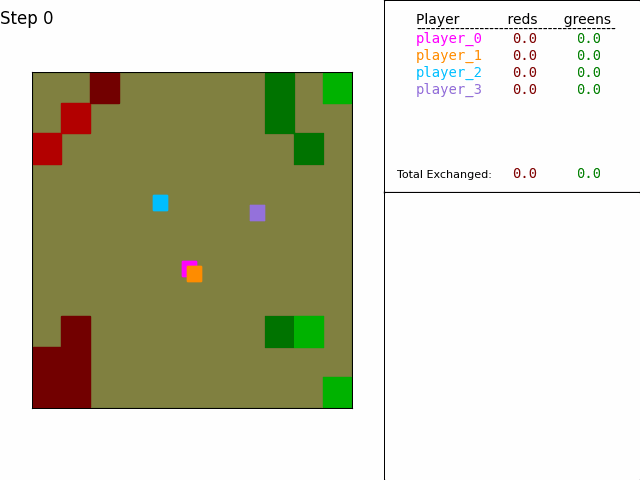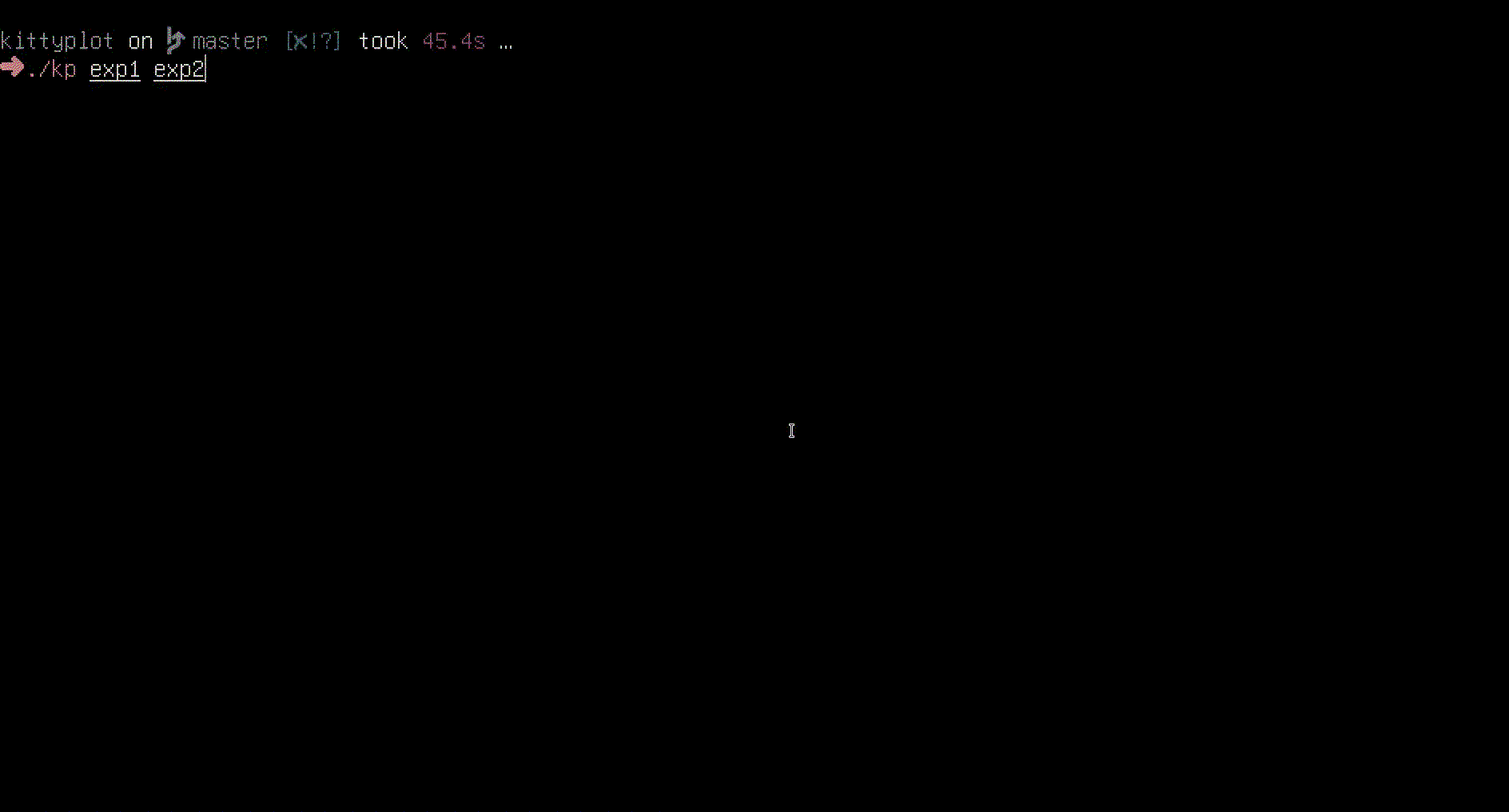I don’t think r1 will get us to artificial super intelligence, but whatever comes next probably will.
We are reaching a familiar bottleneck in AI. Previously, humans had to manually hardcode the patterns that AI could recognize. With deep learning, machines began to learn patterns on their own, without human assistance. With (relatively) expensive humans out of the loop, we threw machines at the world’s data until they began to talk, code, and paint. Many people believed this would be sufficient to reach artificial super intelligence–but it wasn’t.


